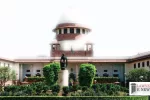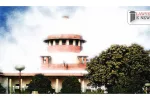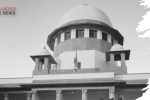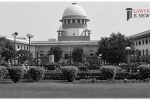NDPS Act – Confessions to NCB Officers Inadmissible as They’re Deemed ‘Police Officers,’ Says Supreme Court”
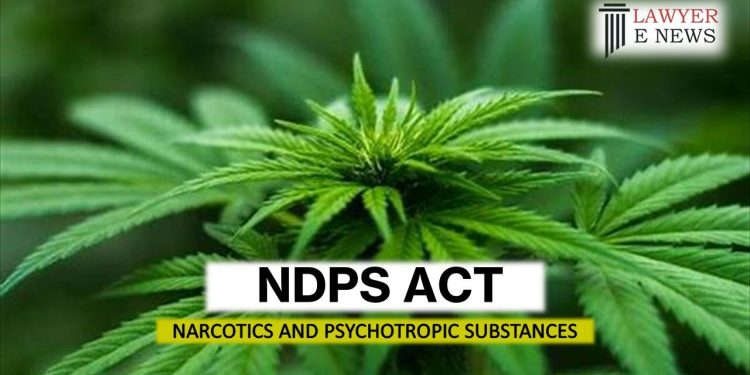
In a groundbreaking judgment based on the facts of the case, the Supreme Court has ruled that confessional statements made to officers invested with powers under Section 53 of the Narcotic Drugs and Psychotropic Substances (NDPS) Act are considered “police officers” within the meaning of Section 25 of the Evidence Act. This landmark decision renders such confessional statements inadmissible in court proceedings, significantly impacting cases involving drug-related offenses.
The Supreme Court’s ruling came as it revisited the legal position established in the case of Tofan Singh v. State of Tamil Nadu. In that case, the Court examined whether officers investigating matters under the NDPS Act could be classified as “police officers” and whether statements recorded by them could be treated as confessional statements.
When the present matter was considered by the High Court in the year 2013, it had accepted the arguments that officers of the Department of Revenue Intelligence who are vested with the powers of an officer-in-charge of the police station under Section 53 of the Act, are not “police officers” within the meaning of Section 25 of the Evidence Act and therefore held that a confessional statement of a person accused of an offense under the NDPS Act recorded by such an officer in the course of investigation, is admissible against him.
However, the Supreme Court’s recent decision in the case of Balwinder Singh v. State of Punjab signifies a significant shift in this legal interpretation. In the majority decision authored by Justice Nariman, the Court emphatically stated: “Thus, to arrive at the conclusion that a confessional statement made before an officer designated under Section 53 can be the basis to convict a person under the NDPS Act, without any non obstante clause doing away with Section 25 of the Evidence Act, and without any safeguards, would be a direct infringement of the constitutional guarantees contained in Articles 14, 20(3), and 21 of the Constitution of India.”
This ruling has far-reaching implications for cases involving drug-related offenses, where confessional statements recorded by NCB officers have been pivotal pieces of evidence. The decision underscores the importance of safeguarding the constitutional rights of accused individuals, ensuring that confessions are made voluntarily and without coercion.
In a related development, the Court also considered the impact of this ruling on specific cases, leading to the acquittal of one appellant, Balwinder Singh, while maintaining the conviction and sentence of another, Satnam Singh. The judgment highlights the critical role of evidence and the burden of proof in drug-related cases, with the Court emphasizing the need for a high standard of proof by the prosecution.
This landmark judgment reaffirms the principles of justice and fairness in the legal system, setting a precedent for the admissibility of confessions in NDPS Act cases and reinforcing the rights of accused individuals.
Date of Decision: September 22, 2023
BALWINDER SINGH (BINDA) vs THE NARCOTICS CONTROL BUREAU

